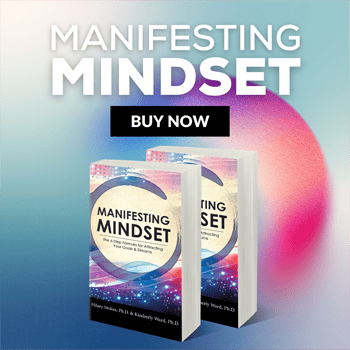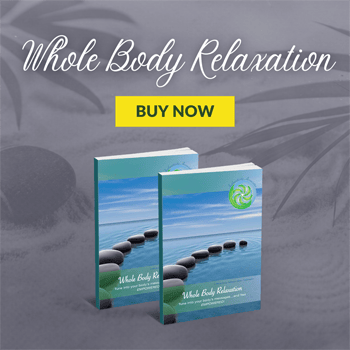Heart Disease
Let’s take a look at the bodymind connection as it relates to the #1 health challenge faced by men and women in North America, heart disease. It is still hard to fathom but 1 in 2.5 women will die of heart disease compared 1 in 30 from breast cancer. Women have different symptoms than men and are consequently frequently misdiagnosed. Heart rate variability analysis demonstrates the clear connection between stress, emotions and cardiovascular health. Advances in research have demonstrated that feelings of anger, resentment and fear create disordered heart rhythm patterns and increase sympathetic arousal whereas emotions of appreciation, forgiveness and compassion reflect ordered or coherent heart rhythm patterns and increases in parasympathetic arousal. In short, increased heart coherence and parasympathetic activity leads to multiple health benefits such as immune response, neurotransmitter increases, and blood pressure stabilization. What is most fascinating about some of the research is that the heart is said to contain a ‘little brain’. This gives us an entirely different perspective on the role of stress and emotions on heart health.
Little Brain in the Heart

Broken Heart Syndrome
Your heart is far more intuitive, sensitive and attuned to your emotional response than was ever thought. There is a powerful connection between how your brain processes what you think and feel, the regulation of your heart and balance of your nervous system. This can be further witnessed in the ‘broken heart syndrome’ whereby intense stress or emotional upset is said to be the cause of heart attacks with no other symptomatology. This syndrome is three times higher in women and often the reason for misdiagnosis. Dr. Mimi Guarneri, cardiologist and best-selling author, states that an essential part of healing a broken heart is to address the underlying emotional issue. She noted that once primary emotional issues are recognized many of her clients improved. The little brain in the heart and the broken heart syndrome provide powerful solutions to improved health. In fact individuals who practice optimism and cultivate happiness have been shown to decrease risk of heart disease by 50%.
Coaching and Counseling








